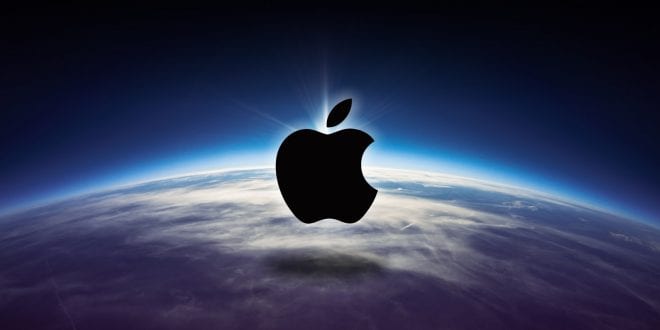At the beginning of this week, Apple has been sued by three iTunes users from Michigan and Rhode Island.
According to the plaintiffs, the Cupertino-based company disclosed personal information, shirking away from its legal responsibilities towards the customers’ privacy. Reached out for comments, Apple refused to comment on the class-action lawsuit or the data leak.
Apple in cahoots with data brokers?
According to the lawsuit forwarded earlier this week three iTunes users, the company has been tacitly selling private information to third- party agencies; possibly data brokers.
This was done over a period spanning several years. It’s somewhat unclear how the plaintiffs discovered this info leak, but the ramifications could be far-reaching.
iTunes’ Terms and Conditions specifically dictate that developers are not allowed to access or share any personal information without the user’s explicit consent.
In this case, the developers used the existing framework to extract information regarding the users’ audio content and audio playback. Furthermore, although iTunes should receive a message promptly about the data-gathering process.
In fact, according to the lawsuit, a couple of years ago, Steve Jobs’ brainchild barred the users’ access to the app’s permission function. This means that, by default, iTunes has full permission to extract and use your personal data.
Unfortunately, the recent lawsuit isn’t the first, nor the last time Apple’s dragged into the courtroom.
Back in 2011, four plaintiffs filed a class-action lawsuit against the company, claiming that iOS, Apple’s proprietary operating system, makes it too easy to collect and transmit personal information to data brokers.
The accusers also stated that the lax security policy made them suffer financial loses. The case was nipped in the bud, the judge ruling out that the plaintiffs don’t have enough evidence to make a compelling case.
Fast-forward a couple of years; it would seem that Apple’s skeletons hoped out of the closet once more.
Will it make a difference, or is this case doomed just like the first one? According to the lawsuit, the plaintiffs have severely criticized Apple’s slogan: “what happens on the iPhone, stays on the iPhone.”
It’s actually a little ironic considering that the crux of the recent class-action lawsuits is Apple not lifting a finger to safeguard its users’ privacy.
What about the rest of the world?
We have nothing to do but wait and see how this plays out. In the meantime, we strongly advise you to review iTunes’ privacy policy. Look for things out of the ordinary like footnotes or fine prints.
You might also want to refrain from using the share my playlist function as a thing can be construed as an open invitation to data siphoning.
From a cybersecurity standpoint, there’s nothing more to be done except limiting the amount of personal info you choose to share with the platform.
Changing passwords won’t cut it this time, as this doesn’t have anything to do with outside tampering. If the issue is not resolved, you should consider looking for alternatives such as Spotify, Fidelia, PodTrans, or Media Monkey.
What are your thoughts on Apple’s latest lawsuit? Head to the comments section and let us know.
 Cyber Security Magazine
Cyber Security Magazine





